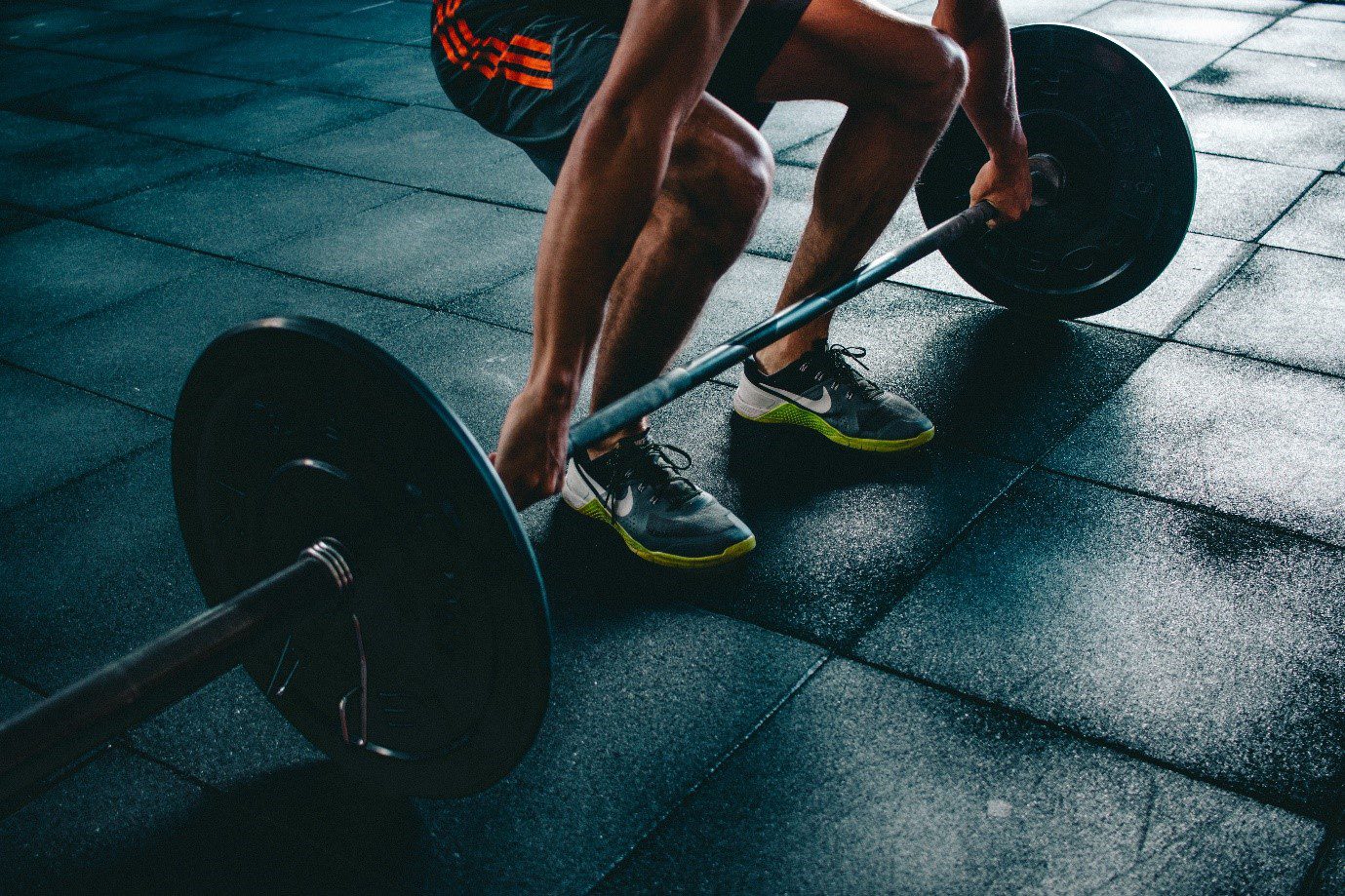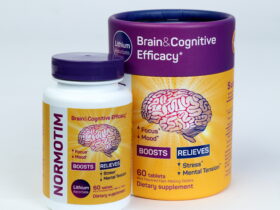The popularity of gyms and healthy lifestyle adherence has increased exponentially over the last decade. The growth in awareness of health and fitness and how important it is not just for physical health, but mental health too has aided this boom. Seen as a way to counter people’s hectic urban lifestyles, many of us use gyms as an outlet for stress, anxiety and depression as well as physical ailments. The demographics have also changed considerably with more women using the gym than before, when it was previously considered a male-dominated space.
Whilst gym goers remain a relatively young majority with 18-34-year-olds holding a majority of gym memberships (30.9%), memberships held by 55+ year olds is the fastest growing demographic.
The methods that you use when working on your fitness depend on whether you use cardio, strength training, or a mixture of both. However, the overarching importance is a healthy, balanced diet. This does not mean you have to completely cut out everything you would consider ‘bad’ for you. In fact, this could have the opposite of the desired effect. All it means is that you eat them in moderation.
When looking at high-performance athletes, you can decipher what kind of diet would be best for you depending on where you are looking to improve. Liverpool winger Mo Salah is one of the best-attacking players in the world. His dedication ensures he’s always among the favorites for the Golden Boot in the sports betting. According to teammate Andy Robertson, Salah enjoys eating lentils, vegetables, bread and chicken, before finishing with a bowl of yogurt.
This is a great high-carb and protein diet for someone who is looking to be energized during exercise/performance. Bread and lentils will energize Salah when he is constantly sprinting up and down the wings. Chicken is one of the best sources of protein, which is incredibly important to aid muscle growth. When it comes to exercise outside of football, Salah mixes calisthenics, strength training, swimming and yoga into his routine.
Of course, your diet will change depending on what you are working on. For example, those who want to work on their suppleness and agility would need to focus on eating a lot of fruits and vegetables to take on vitamins and minerals. Eating too many foods that are high in saturated fats can leave you feeling sluggish and can also affect mental attributes such as your concentration and reflexes.
Your diet is not the only way you can ensure longevity in your performance, however. Advancements in technology have allowed fitness enthusiasts to track their levels and help them to improve where needs are.
Wearable technologies are a market worth tens of billions of dollars, becoming a must-have for avid gym goers. It is especially useful for those who train cardio. Tech such as FitBits can track your resting heart rate, endurance, speed, strength and even flexibility. In doing so, not only are you able to follow your progress but you can see your gradual improvements, which can be a huge boost in encouraging your fitness journey.
Perhaps the most important part of ensuring longevity however is moderation in your training. Of course, exercise and gym-going is good, but overtraining is real and can lead to a lot more harm than good. There are a number of issues that could arise with overtraining. Muscle soreness is the most obvious one. Whilst this is common when exercising, experiencing soreness for longer than 72 hours is a clear sign of overtraining. To build muscle, you need recovery in between and not allowing yourself that time will have a negative impact on your gains. This also goes hand in hand with exercise-related injuries. It is vital that you let your body recuperate after training.
Overtraining can also affect your sleep. It is a common misconception that constant exercise will lead to easier sleep due to exhaustion, but it can actually have the opposite effect. You can potentially cause your nervous system to go into overload leading to insomnia. Regular rest days and mealtimes are important to combat this.
There are plenty of variables that need to be put to work to ensure longevity in your fitness performance, but none are too difficult to manage. The most important thing is that you find a training regime and diet that suits you, helping you to improve. Always go at your own pace and don’t be pushed by outside influences to go outside the realms of comfortability. This way, you can maintain your fitness levels and performance alongside your everyday life.















Leave a Reply